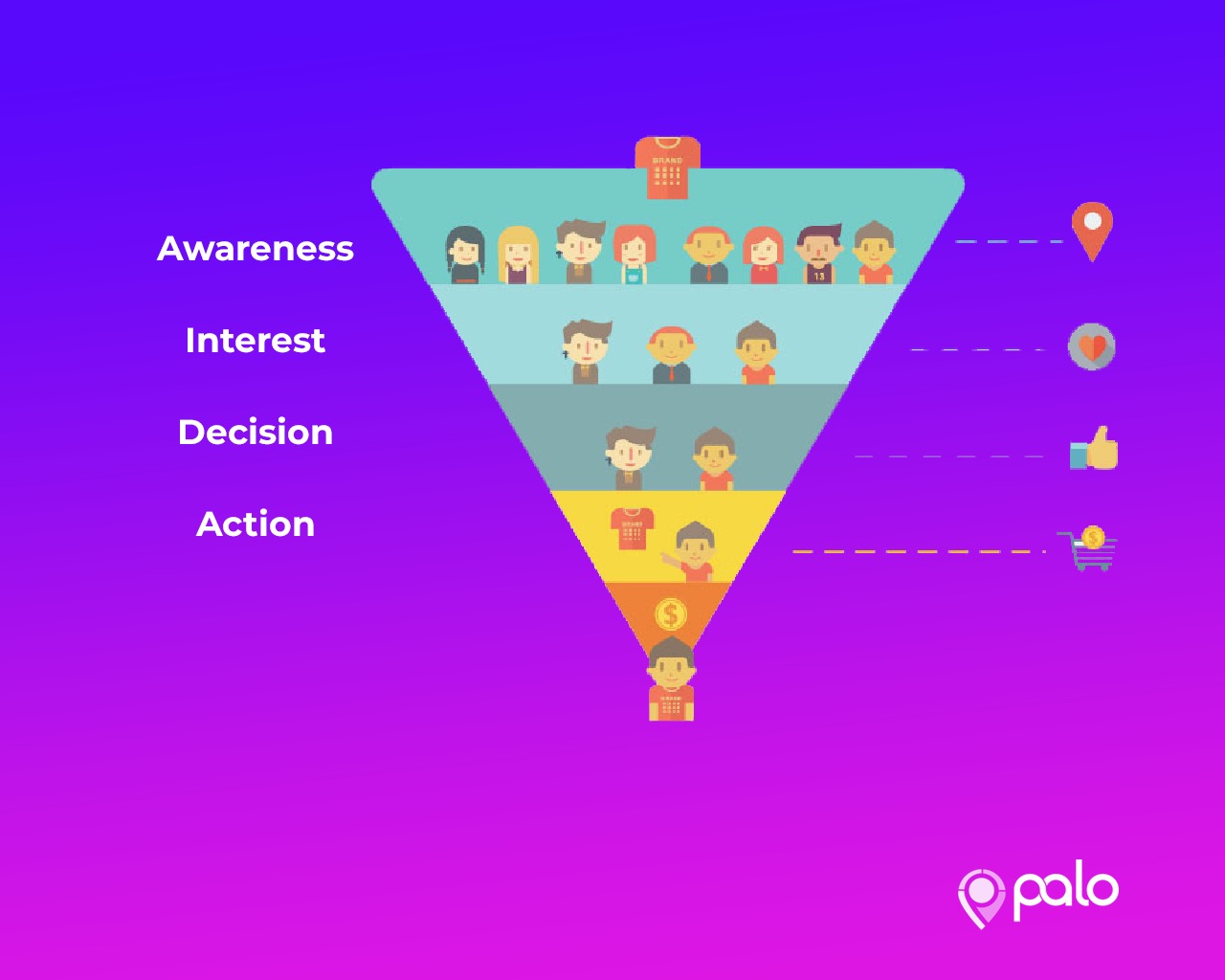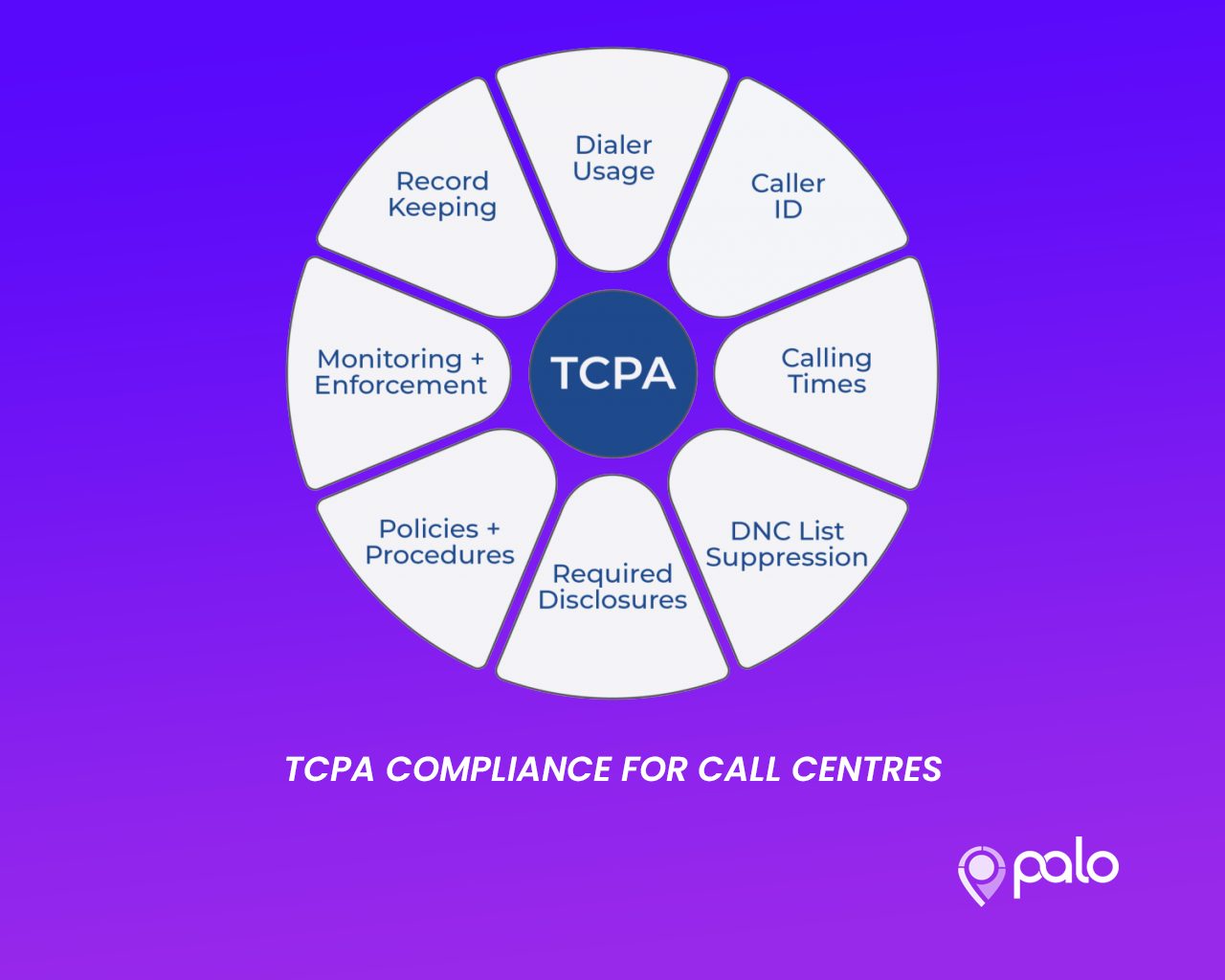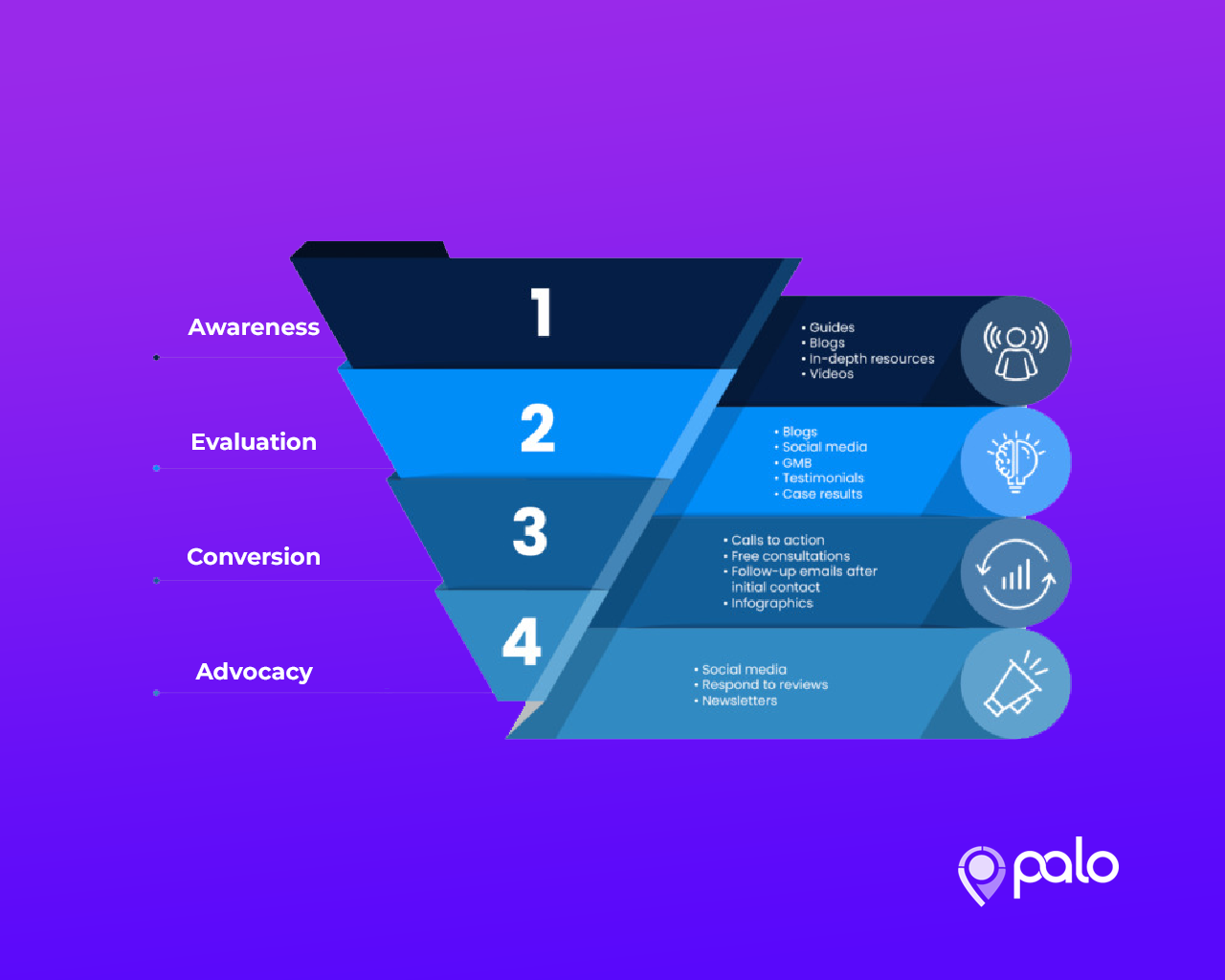
How to Choose the Right Lead Attorney for Your Case
If you are faced with a legal issue that is too complex or involves a lot of money, then you need to hire an experienced lead attorney to help you. Not only will the lawyer provide you with the right information you need to know, but they will also offer strategic advice and apply technical skills to fight for your rights.
Ideally, you want to hire someone who is willing to serve as your designated “legal coach” to help you understand everything about your case and all the possible outcomes.
Unfortunately, the process of hiring a lead attorney for your case can be quite stressful and challenging, especially if it is your first time.
No matter how you choose to approach the whole issue, you need to conduct thorough research and know some of the qualities to look for in an attorney.
Keep reading to learn how to choose the right attorney for your case.
Identifying Your Legal Needs and Determining Whether You Need an Attorney
Before you start the process of hiring a lead attorney for your case, take time and assess all your legal needs. Keep in mind that you are not just looking for any good attorney but someone who is well equipped and dedicated to handling your case.
To find such a person, you need to clearly understand what kind of legal services your case entails and what your goals are. What are you looking for in terms of negotiation, advertisement, and resolution?
Identifying your legal needs will help you answer the question: do you really need an attorney? Sometimes, you may discover that your issue doesn’t require an attorney after all.

For instance, after a thorough assessment of your legal needs, you may discover that you are only worried about a small matter that you can file legal paperwork on your own and represent yourself in court.
Since attorneys can be expensive, ensure you understand your problem thoroughly and why you need an attorney to solve it. You should also highlight all the concerns you want the lawyer to address before making any significant investment.
Understanding the Different Types of Attorneys
Once you have assessed your legal needs and are fully convinced that you need to hire an attorney, it is time to start looking into law firms and attorneys specializing in the practice area relevant to your matter.
It is always good to hire a specialized lead attorney because they will have tremendous experience with similar cases and understands how to handle them to achieve the desired outcome.
If you don’t know what area of law your issue falls under, then check the summary of different areas of legal practice below:
- Civil rights.
- Trust and estates.
- Family law.
- Criminal law.
- Bankruptcy law.
- Corporate (business) law.
- Tax law.
- Labor and employment law.
- Property law.
- Civil rights law.
- Personal injury law.
How to Find the Right Lawyer for Your Case
Now that you have assessed your legal needs and are fully convinced that you need to hire an attorney, it is time to start the hiring process. The following tips can help you find the right attorney:
1. Experience of the Lead Attorney
In this case, the term experience has a wide meaning beyond the number of years that the attorney has been in practice. Experience also relates to the attorney’s age. A more experienced lawyer will most likely provide advice and information based on their experiences.
They will provide better guidance, providing you with more detailed information on the risks and potential consequences of one action or the other. An attorney with several years of experience can also benefit from some precedence benefits that may work in your favor.
But it doesn’t mean that you should blacklist the younger attorney completely. In some cases, lawyers who were admitted to the bar recently offer the advantage of fresher theoretical knowledge on some matters and are more accustomed to new trends and technologies.

So, before you decide on the type of attorney you need to hire for your case, be sure to consider your primary goal. The more you think your case involves specific and complex laws, the more you should be inclined towards hiring a highly experienced attorney.
However, if you want a more open approach to some of the latest trends and technologies, then you should consider hiring an attorney who took their oath recently. The most important thing you need to keep in mind is that when it comes to experience, it is quite difficult to make general statements.
2. Consider Personal Referrals
One of the best ways of finding a good lead attorney is to talk to people in your circle who have experienced the same problem before and hired an attorney. For instance, if you have been sexually harassed, you should consider talking to a women’s group.
Be sure to ask them who their attorneys were and what they think of them. If you talk to a few people who have had the same issue, then chances are you will come across some quality leads to a good lead attorney.
However, you shouldn’t decide on a lawyer based solely on someone else’s recommendation. You need to keep in mind that different individuals will have different preferences for a lawyer’s personality.
Therefore, it is always good to stay calm and avoid making a final decision until you meet the lawyer in person and discuss your situation.
3. Size of the Law Firm
Another crucial factor you need to consider while hiring a lawyer is the size of their law firm. Typically, the bigger the firm, the more resources and help the lawyer will have to get the job done.

But it doesn’t mean that smaller law firms cannot handle your case correctly and deliver the desired outcome. The size only gives you a rough idea of whether your attorney will have sufficient support and resources required to handle your case efficiently.
There is also its downside because the bigger the law firm, the more money you will be dishing out. So, keep this fact in your mind when you are looking at the law firm size.
4. Consider the Cost of Hiring the Attorney
You need to find an attorney that can work with your budget. So, how much does it cost to hire a lead attorney? The truth is that there is a straightforward answer to this question.
In most cases, legal expenses depend on a wide range of factors. Furthermore, different attorneys have different ways of structuring their billing process according to the amount of work done.
While it may be tempting to cut costs while hiring an attorney, you need to know that high-quality legal representation will cost a little bit more, and most of the time, it will always turn out a worthwhile investment.
In simple terms, if you hire a cheap lawyer for the sake of it, you may end up paying for it later. Here are some examples of attorney fee structures you may encounter:
- Flat rate fees: This means that your lawyer will charge you a pre-designated, all-encompassing fee. This fee structure is usually reserved for routine cases in which most of the proceedings and processes involved are highly predictable.
- Hourly rate: The most common billing method used by lawyers is the hourly rate. In this case, your attorney will charge for every hour they work on your case. The hourly rate will be based on experience level, practice area, and firm reputation.
- Retainer fee: In this case, there will be a set fee that you must pay upfront into an account from which money is occasionally deducted throughout the proceedings.
- Statutory fee: Statutory fee is usually determined by law. So, the attorney will charge you based on state regulations, government statutes, or any other legal set fee system.
- Contingent fees: In some cases, such as car accident lawsuits where large settlements are involved, attorneys will charge a percentage of the total amount awarded or recovered. The standard charge is usually 33% of the settlement amount.
5. Proximity
You need to work with an attorney who is familiar with your local jurisdiction. The only time you shouldn’t consider the attorney’s operational area is when you are dealing with a general legal matter.
For instance, matters of federal law such as labor laws can be handled best by nationwide attorneys. Also, issues relating to transportation and technology can be handled by almost any attorney. However, some matters such as workers’ compensation or real estate are handled locally.
Therefore, you need to hire someone familiar with the local laws and understands the local procedures and personalities of the local judicial authority.
Additionally, face-to-face communications are generally better than e-mail communication or phone calls. Therefore, it may be better to have a local attorney that you can always visit whenever you want to inquire about the progress of your case.
6. Availability
Lastly, you want to check on the lawyer’s availability to ensure they will always be there when you need them. This is something that most people tend to neglect during their search and hiring process.

Check on when and how you can contact the lawyer. If your case is a source of stress and anxiety, then you need to hire an attorney who is always available and able to answer your questions promptly.
Additionally, if you have very precise time constraints, you must hire a lawyer who will be available at the same time that you are available so you can discuss your case. The last thing you want to deal with in such a case are unnecessary delays that may jeopardize your case.
Final Thought
The truth is that finding a lead attorney for your case requires some serious effort and dedication. The search and hiring process can be stressful and challenging, especially if it is your first time, but the payoff is worth it.
Working with the right attorney will reduce your stress in the long run and increase the likelihood of getting a favorable outcome.
Take time to conduct a thorough search or use lawyer referral services such as Legal Giant to make your work a little bit easier.






